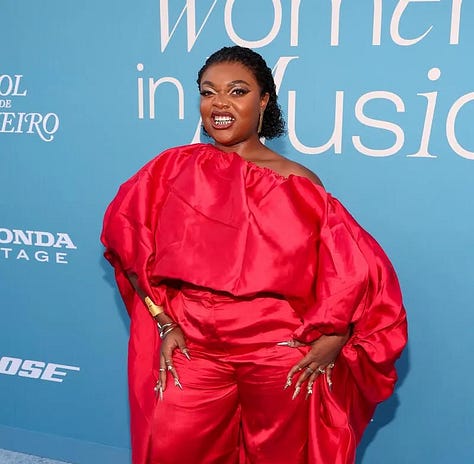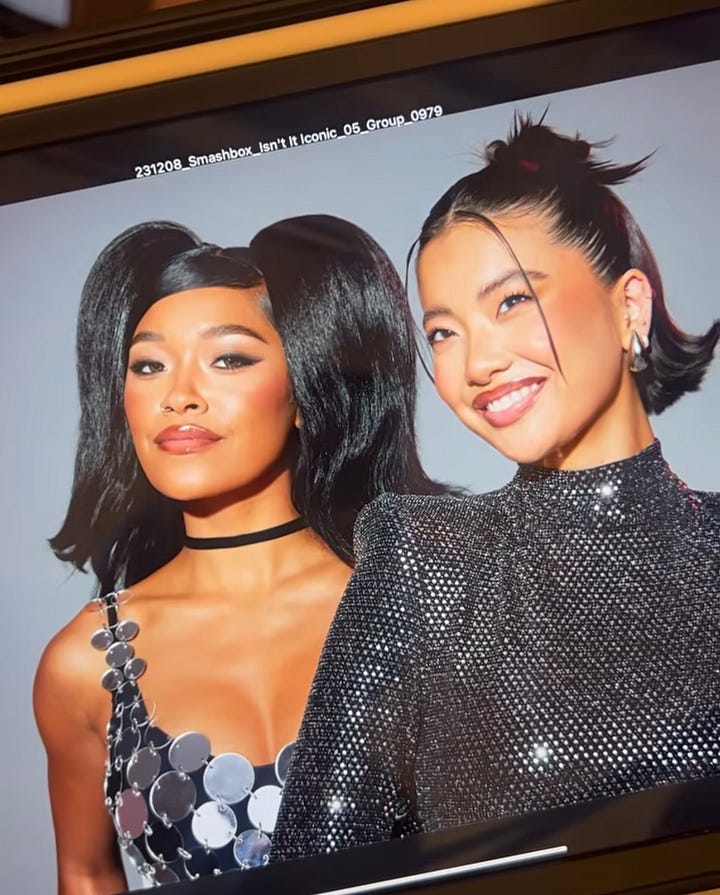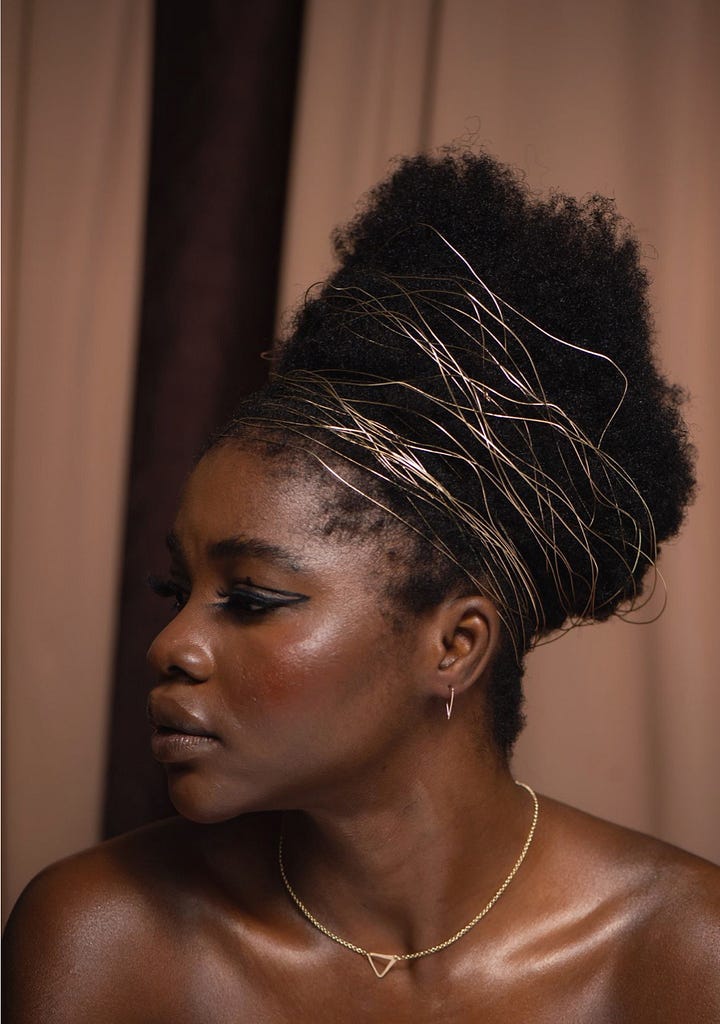Meet Julienne (aka. Jules)
Jules is a celebrity, fashion and editorial stylist and make-up artist.
Besides having her work published in the LA times, and working Fashion Week, Jules has also supported celebrity clients like D Smoke, Lion Babe, Tasha Cobbs, George Clinton and many more.
With all of this experience under her belt, in this episode, we talk to Jules about the realities of building a career beyond assisting, what sacrifices she has made along the way and advice for stylists who also want to break into the field.
Where to find Jules: Instagram
The interview
Here are all the questions we asked Jules, so you can fast-forward to the best parts.
[01:06] How did you start your journey into the hair industry?
[09:12] What was your first big break?
[12:17] What was it like on this job? Especially as it was in fashion.
[15:30] What are some of the challenges that you've faced throughout your career?
[18:55] What has been your experience of assisting and what direction are you trying to shift your career in now?
[23:37] What's the next step for you in terms of location?
[27:03] How have you found looking for clients who are a good fit for you?
[31:45] Do you think there is there enough representation of Black hair stylists on set?
[46:36] Who are the stylists that have inspired you?
[51:15] What's the most important lesson you've learned so far?
[56:19] How have you balanced the business side of being an independent stylist?
[01:01:03] What's the one piece of advice you have for the stylist trying to break into the field?
[01:04:03] What's the next big thing for you?
Who has Jules styled?





Jules’ top tip for stylists
Jules' top tip: If you don't know who to look for, look for the first assistant and the second assistant. If you can mimic and operate similarly to them, you're more likely to be seen. Your responsibility is to have ears, listening in. Listening to the producer or the photographer, or the 1st AD or 2nd AD. If you're not listening, you won't know if they like what you're doing. If you can't read the room, you aren't as valuable, because they [the hair lead] might miss something and you have to be able to catch it. Some takeaways
For stylists 💇🏾♀️
Early on in her career, Jules leaned that (unlike make-up where artists often get onto sets with brands) hair stylists were brought in by individuals. So, she would spend time researching the lead, finding their agent and using that as an opportunity to get on a job. It just goes to show that, at the beginning, you have to be prepared to do the work to get into the right rooms to make sure the opportunities gradually come to you.
Sadly, there are still a lot politics within the industry. Jules has experienced people telling her not to describe herself as a braider, or as a hairstylist and make up artist to prevent being pigeon-holed. These politics affected decisions Jules made — from describing herself as a hair artist, all the way down to who she chooses to sit with at fashion shows. One thing that many Black hair stylists face is just being called in for ‘braids’, instead of all textures. That said, it’s important to consider the language used to describe what you specialise in.
You should never be working on your own on set. Remember, the people hiring want everyone to look busy and be supporting each other. Appearances are everything (to make sure you can get hired again) so sometimes it pays to play the game.
Asking the right questions will help you to get booked and stay busy. Instead of asking what you did right or wrong, ask what can I do to get hired again? What do you need more of in the team? You’ll often find more interesting and helpful answers that help you understand how to stay front of mind with the teams that are selecting stylists.
It gets to a point where you have to do the math when accepting jobs. There are a lot of editorial jobs that don't pay well and expect you to arrange your own travel and accommodation. Jules has made a point of assessing whether jobs feel more or less worthwhile and has learned when to say no. Jules leans on other stylists who have her best interests at heart as her backboard to see if a job is or isn't worth her time.
Remember, editorials don't pay as well as commercials. Even though it's the same amount of work and often people consider editorial more fun. Again, knowing this can just help up and coming stylists understand the realities of breaking into the industry.
Julienne was very honest about the sacrifice that's been involved in building her career, including sacrificing her relationship with her daughter due to the long hours. Before you make the leap and start pursing the roue of TV, film and editorial styling, consider what you may have to give up along the way and whether that is something you can bear with in the meantime. But having honest conversations with other stylists who are already in the industry will help you to make the right decision for yourself too.
Listen now on Apple, Spotify, Overcast, and YouTube.
🔍 Where to find Jade: Instagram | LinkedIn
🪮 Where to find Mane Hook-Up: Website | Instagram
🗣️ Become or recommend a guest
See you in the next episode!
From,
The Mane Hook-Up team















Share this post